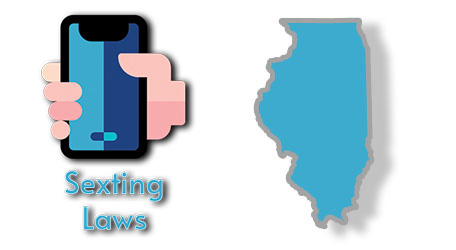- Quick Answer
- Understanding Illinois Eavesdropping Law
- Recording Phone Calls in Illinois
- Recording In-Person Conversations
- Illinois Video Recording Laws
- Recording in the Workplace
- Recording Police and Government Officials
- Penalties for Illegal Recording in Illinois
- Exceptions to Illinois Recording Laws
- Using Recordings as Evidence in Illinois
- Frequently Asked Questions
- Is Illinois a one-party consent state?
- Is Illinois a two-party consent state?
- Can I record a conversation in Illinois without telling the other person?
- Can I record a phone call in Illinois?
- Can I record my employer in Illinois?
- Can I record police in Illinois?
- What are the penalties for illegal recording in Illinois?
- Did Illinois change to one-party consent in 2014?
- Related Illinois Laws
- Sources and Legal References
- Two-Party Consent States Reference
Last Updated: January 2026 | Verified against current Illinois Compiled Statutes
Quick Answer
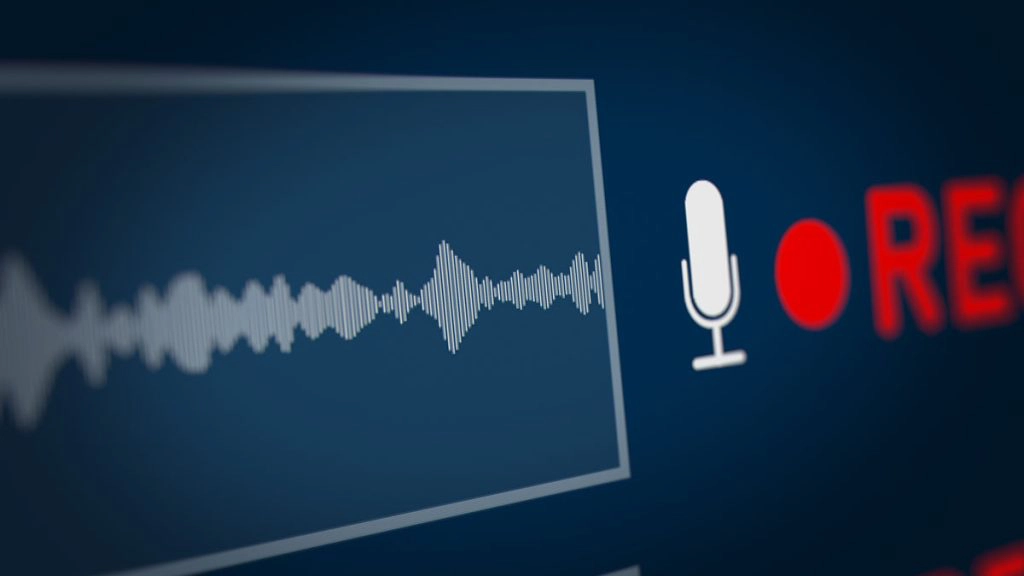
Illinois is an all-party consent state for recording private conversations. Under 720 ILCS 5/14-2, you must have consent from all parties before recording any private conversation or electronic communication. However, Illinois law only protects “private” conversations where parties have a reasonable expectation of privacy. Public conversations and statements by officials performing public duties can be recorded without consent.
Illinois Recording Law Summary 
| Key Point | Answer |
|---|---|
| Consent Type | All-Party Consent (for private conversations) |
| Can you record your own calls? | Only with consent from all other parties |
| Must you inform others? | Yes – for private conversations |
| Key Statute | 720 ILCS 5/14-2 |
| First Offense | Class 4 Felony (1-3 years prison) |
| Subsequent Offense | Class 3 Felony (2-5 years prison) |
| Civil Liability | Actual damages + punitive damages |
Understanding Illinois Eavesdropping Law
The 2014 Law Change
In 2014, the Illinois Supreme Court struck down the state’s previous eavesdropping law as unconstitutionally overbroad. Governor Pat Quinn signed Senate Bill 1342, which created the current law. Key points:
- Illinois remained an all-party consent state (did not become one-party consent)
- The law was narrowed to protect only private conversations
- Recording police and officials performing public duties became explicitly legal
- Public conversations no longer require consent
What Is a “Private Conversation”?
Illinois law defines a “private conversation” as an oral communication where:
- One or more parties intended the discussion to remain private
- The circumstances reasonably justified that expectation of privacy
This means the protection doesn’t extend to conversations in public where people could reasonably be overheard.
The Legal Foundation
Illinois recording laws are found in:
- 720 ILCS 5/14-2 – Elements of eavesdropping offense
- 720 ILCS 5/14-3 – Exemptions
- 720 ILCS 5/14-4 – Penalties
- 720 ILCS 5/14-6 – Civil remedies
Recording Phone Calls in Illinois
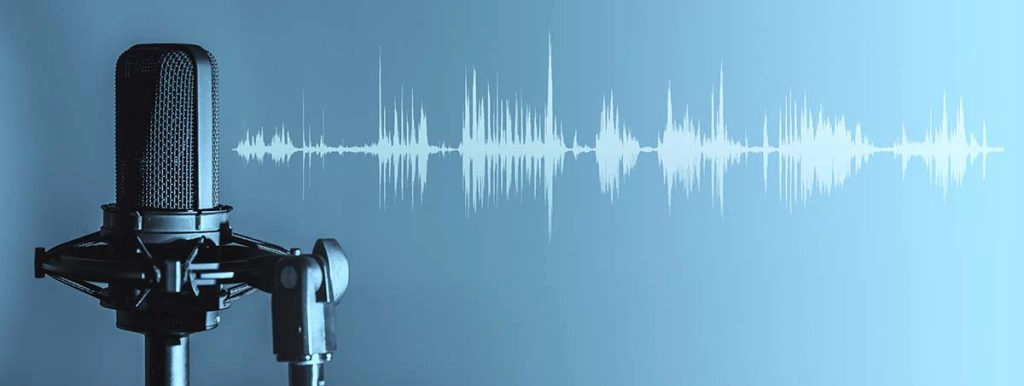
Can You Record Phone Calls in Illinois?
Yes, but you must get consent from all parties on the call for private conversations. Phone calls are generally considered private because parties typically have a reasonable expectation of privacy.
To legally record a phone call in Illinois:
- Announce at the beginning that you’re recording
- Get verbal agreement from all participants
- If anyone objects, stop recording
Recording Electronic Communications
Illinois law specifically addresses “private electronic communications,” which include:
- Phone calls
- Text messages (if intercepted)
- Emails (if intercepted)
- Video calls
Recording or intercepting private electronic communications requires consent from all parties.
Recording Calls Across State Lines
When calling between Illinois and other states:
- If the other state has stricter rules, follow their rules
- If the other state has looser rules, Illinois’s all-party consent still applies to you
- Always get consent from everyone to be safe
Business Call Recording
Illinois businesses recording customer calls should:
- Provide clear notification (“This call may be recorded”)
- Implied consent through continued participation is generally accepted
- Give callers the option to decline recording
Recording In-Person Conversations

When Is Recording Legal Without Consent?
- Public conversations – where there’s no reasonable expectation of privacy
- Police and officials performing public duties
- Public meetings and government proceedings
- Loud or public statements – arguments in public, speeches, etc.
When Is Consent Required?
- Private conversations in homes, offices, or secluded areas
- Conversations where parties clearly intend privacy
- Any situation where expectation of privacy is reasonable
Examples of Private vs. Public Conversations
| Scenario | Consent Required? |
|---|---|
| Conversation in a private office | Yes |
| Argument in a crowded public park | No |
| Whispered conversation at a restaurant | Likely yes |
| Police officer making public arrest | No |
| Phone call (most circumstances) | Yes |
| Speech at city council meeting | No |
Illinois Video Recording Laws
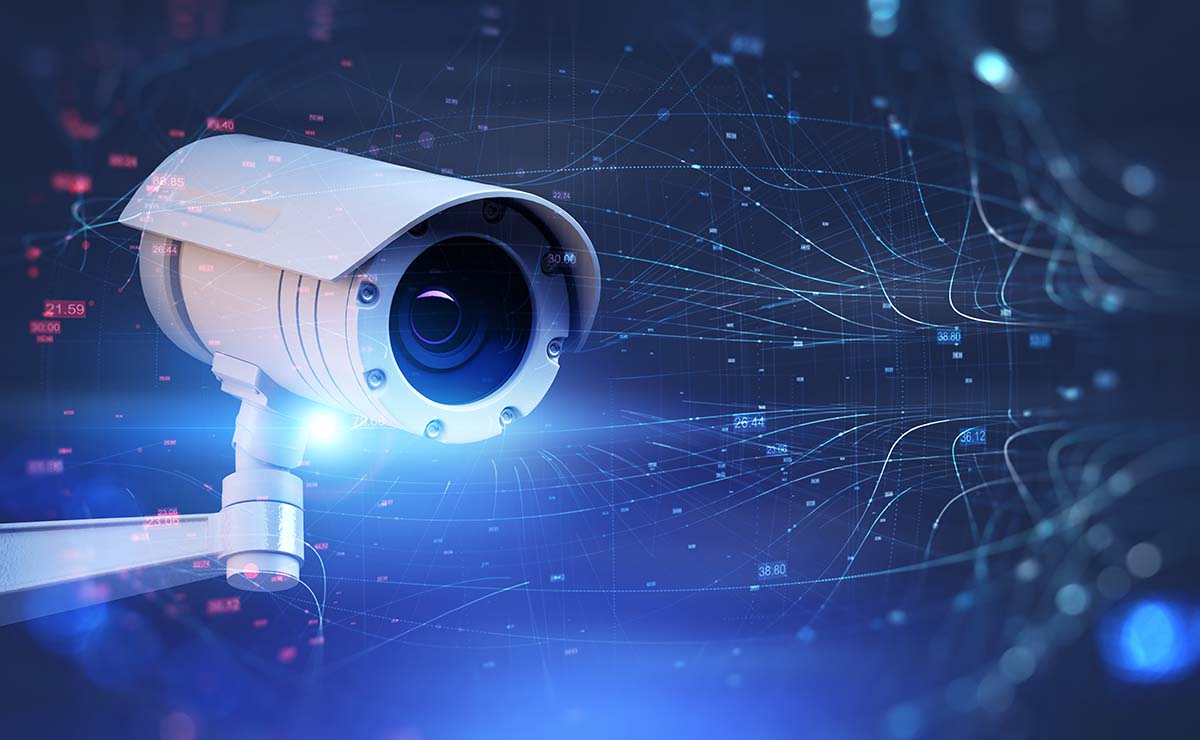
Video Surveillance
The Illinois eavesdropping statute primarily addresses audio recording. Video recording rules depend on context:
- Silent video in public is generally permitted
- Video with audio falls under the eavesdropping law for private conversations
- Hidden cameras in private areas are prohibited
Video Voyeurism
Illinois law (720 ILCS 5/26-4) separately prohibits:
- Recording in areas where people expect privacy (bathrooms, changing rooms)
- Capturing images under or through clothing
- Publishing intimate images without consent (revenge porn)
Recording in the Workplace
Can You Record at Work in Illinois?
It depends on the expectation of privacy:
- Private meetings with supervisors – consent from all required
- Open office areas – may have less expectation of privacy
- Company phones – check company policy
Even when legally permitted, company policies may prohibit recording. Violating workplace rules can result in termination.
Employer Monitoring
Illinois employers may monitor workplace communications with proper notice:
- Written policies informing employees of monitoring
- Monitoring limited to business-related communications
- No monitoring in private areas (restrooms, locker rooms)
Recording Police and Government Officials
Can You Record Police Officers in Illinois?
Yes. The 2014 law explicitly made it legal to record police officers, State’s Attorneys, judges, and other government officials when they are performing their public duties. This right is protected when:
- The official is performing public duties
- You’re in a public place
- You don’t interfere with their work
- You’re not trespassing
Important Note
While recording police is legal, unauthorized eavesdropping on law enforcement communications carries enhanced penalties – a Class 3 felony for the first offense instead of Class 4.
Recording Public Meetings
Illinois Open Meetings Act (5 ILCS 120) supports public access to government meetings. Recording is generally permitted at:
- City council meetings
- County board meetings
- School board meetings
- Other public government proceedings
Penalties for Illegal Recording in Illinois
Criminal Penalties
| Offense | Classification | Penalty |
|---|---|---|
| First eavesdropping offense | Class 4 Felony | 1-3 years prison |
| Second/subsequent offense | Class 3 Felony | 2-5 years prison |
| Eavesdropping on law enforcement (first) | Class 3 Felony | 2-5 years prison |
| Eavesdropping on law enforcement (subsequent) | Class 2 Felony | 3-7 years prison |
Civil Liability
Under 720 ILCS 5/14-6, victims of illegal eavesdropping may sue for:
- Injunctive relief – court order to stop eavesdropping
- Actual damages – compensation for harm suffered
- Punitive damages – as awarded by court or jury
- Landlord/carrier liability – if they aided or knowingly permitted eavesdropping
Exceptions to Illinois Recording Laws
Lawful Exceptions
Illinois law provides exceptions for:
- Law enforcement with proper authorization (Articles 108A, 108B of Code of Criminal Procedure)
- Public conversations with no expectation of privacy
- Recording public officials performing their duties
- Manufacturers and suppliers possessing equipment in normal business
- Emergency communications
Using Recordings as Evidence in Illinois
Admissibility
Recordings made in violation of Illinois eavesdropping law are generally inadmissible as evidence. To use a recording in court:
- Obtain proper consent from all parties
- Or ensure the conversation was public/not private
- Meet authentication and chain of custody requirements
Frequently Asked Questions
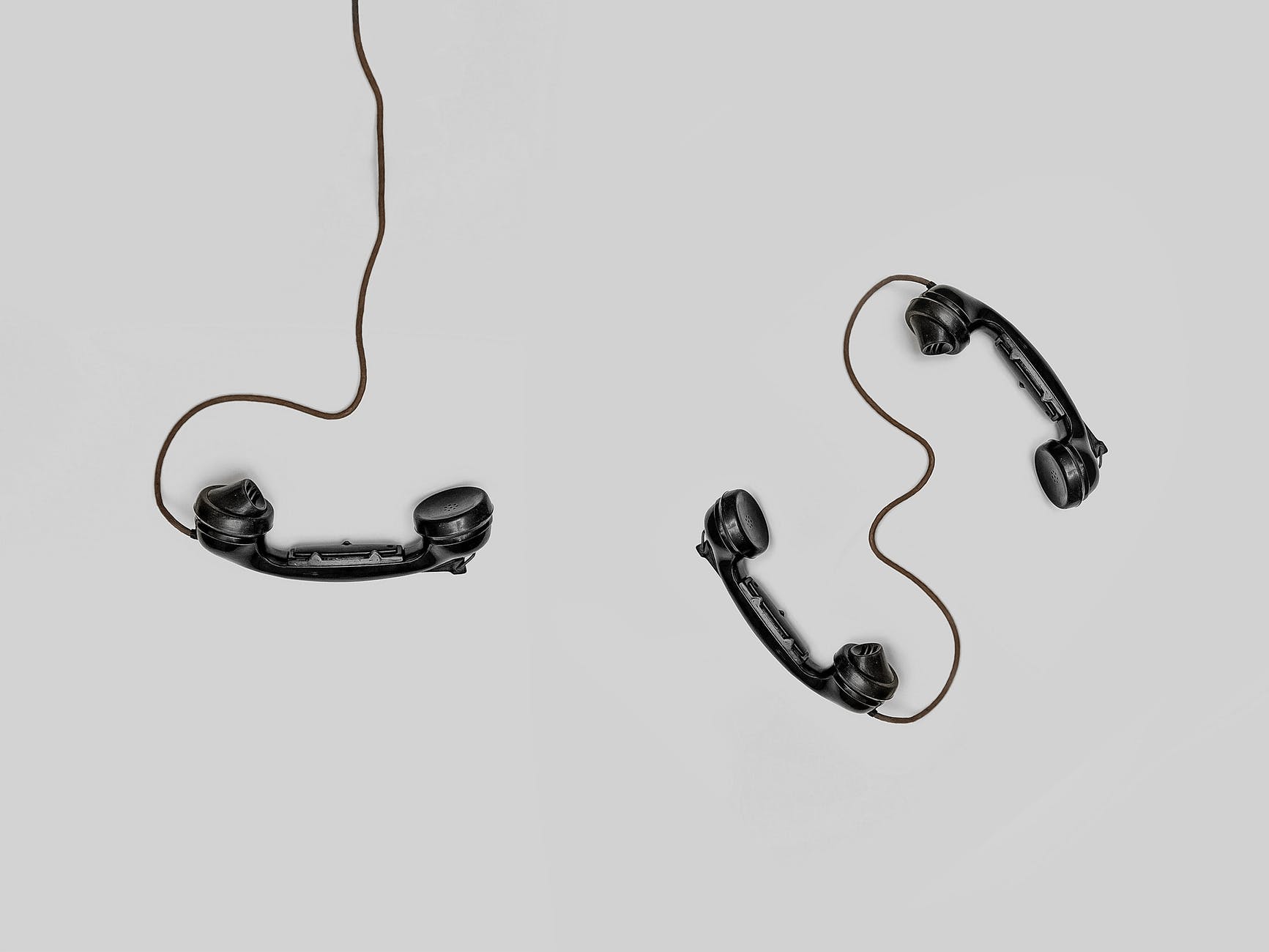
Is Illinois a one-party consent state?
No. Despite a common misconception, Illinois is still an all-party consent state. The 2014 law change narrowed the scope to private conversations but did not change the consent requirement.
Is Illinois a two-party consent state?
Yes. Illinois requires consent from all parties to record private conversations under 720 ILCS 5/14-2.
Can I record a conversation in Illinois without telling the other person?
Only if the conversation is not private – meaning it occurs in public where there’s no reasonable expectation of privacy. For private conversations, you must tell everyone.
Can I record a phone call in Illinois?
Yes, but you need consent from all parties since phone calls are generally considered private communications.
Can I record my employer in Illinois?
It depends. Private workplace conversations require consent from all parties. Public areas may have less protection, but company policies may still prohibit recording.
Can I record police in Illinois?
Yes. Illinois law explicitly allows recording police officers and other government officials performing their public duties.
What are the penalties for illegal recording in Illinois?
First offense is a Class 4 felony (1-3 years prison). Subsequent offenses are Class 3 felonies (2-5 years). Recording law enforcement illegally carries enhanced penalties.
Did Illinois change to one-party consent in 2014?
No. Illinois narrowed its eavesdropping law to apply only to private conversations, but the all-party consent requirement remained in place.
Related Illinois Laws
- Illinois Whistleblower Laws
- Illinois Hit and Run Laws
- Illinois Sexting Laws
- Illinois Child Support Laws
Sources and Legal References
| Source | Link |
|---|---|
| 720 ILCS 5/14-2 | Illinois General Assembly |
| 720 ILCS 5/14-4 (Penalties) | Illinois General Assembly |
| Illinois Eavesdropping Law Overview | Digital Media Law Project |
Disclaimer: This information is provided for educational purposes and should not be considered legal advice. Illinois recording laws have nuances around what constitutes a “private” conversation. If you have questions about your specific situation, consult with a licensed Illinois attorney.
Two-Party Consent States Reference
Illinois is classified as a two-party/all-party consent state, though its scope is limited to private conversations.
| State | Key Statute |
|---|---|
| California | Cal. Penal Code § 632 |
| Connecticut* | Conn. Gen. Stat. § 52-570d |
| Delaware* | 11 Del. C. § 1335 / § 2402 |
| Florida | Fla. Stat. § 934.03 |
| Illinois | 720 ILCS 5/14-2 |
| Maryland | Md. Code, Cts. & Jud. Proc. § 10-402 |
| Massachusetts | Mass. Gen. Laws ch. 272, § 99 |
| Michigan* | Mich. Comp. Laws § 750.539c |
| Montana | Mont. Code Ann. § 45-8-213 |
| New Hampshire | N.H. Rev. Stat. Ann. § 570-A:2 |
| Oregon | Or. Rev. Stat. § 165.540 |
| Pennsylvania | 18 Pa. C.S. § 5703 |
| Washington | Wash. Rev. Code § 9.73.030 |
*Connecticut has different rules for phone vs. in-person. Delaware has conflicting statutes. Michigan courts have varied interpretations.
One-Party Consent States
Most other states follow one-party consent rules. See our One-Party Consent States Guide for details.
